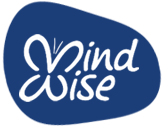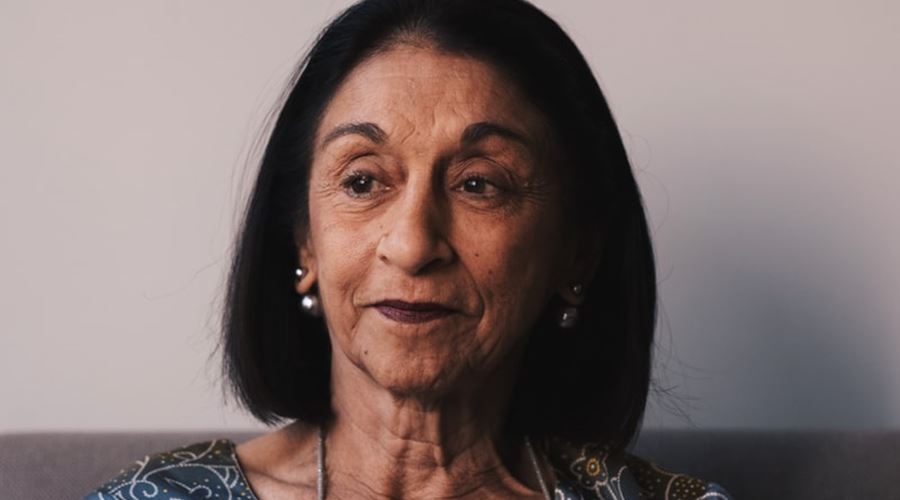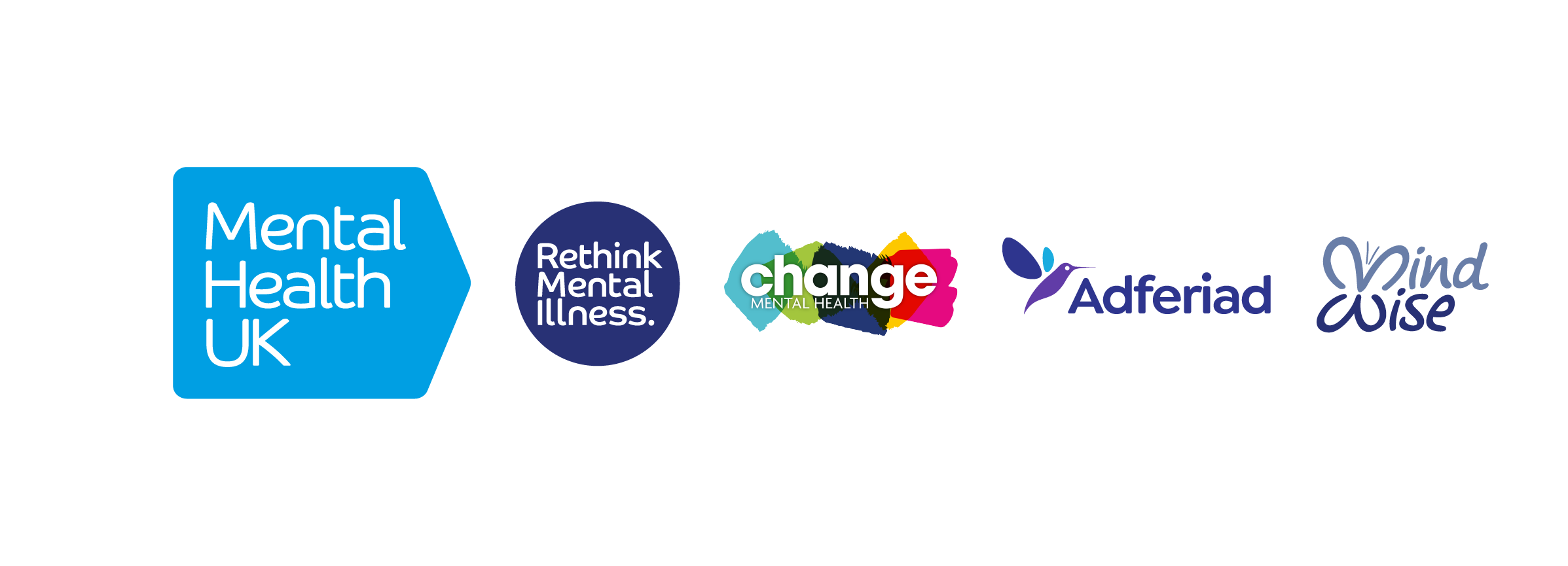- Home
- News & Blogs
- Current: How to deal with debt collectors in Northern Ireland
Do you need urgent help?
If you need to speak to someone right now, here are some confidential options which provide 24/7 support. If you're worried you might hurt yourself or someone else, please call 999, or go to your nearest A and E.
Childline
Helps anyone under 19 in the UK with any issue they’re going through. Childline is free, confidential and available any time, day or night.
0800 1111Samaritans
24 hours a day, 365 days a year. You don't have to be suicidal to call us
How to deal with debt collectors in Northern Ireland
Thu, 25 - March - 2021
This Debt Awareness Week 22-28 March 2021, Michele Loughran, our Mental Health & Money Advice Manager, is sharing advice on how to handle debt collectors.
We know that debt and mental health difficulties can be caused by a number of reasons including redundancy, bereavement, relationship breakdown and abuse. Knowing how to deal with a debt collection company is important to ensure we don’t feel intimidated, misled or become so stressed it affects our mental health.
Although most debt collectors will abide by the regulations, there are some who don't always maintain these standards. This guide helps to identify if a debt collector has been dishonest or illegal, and how to deal with them.
Who is chasing me for payment?
The role of ‘bailiff’ no longer exists in Northern Ireland. There are some exceptions in the case of HMRC but generally, if a creditor (for example, a bank, utility company or payday loan company) has been unable to recoup their money, they will decide to use a Debt Collection Agency or take enforcement action.
The Debt Collection Agency either buys the debt outright or receives a pre-agreed percentage of the amount they’re able to recover from the creditor. Once a Debt Collection Agency takes over, you’ll need to deal with them directly rather than the creditor.
However, just as the original creditor must obtain a judgement against you before they proceed to enforcement, the same applies to the Debt Collection Agencies. It’s the Enforcement of Judgements Office (EJO) that dictates the nature of enforcement action in Northern Ireland.
The EJO is a department of the Northern Ireland Courts and Tribunals Service that exists to enforce money, goods and property judgements. They charge a fee to the creditor for their services which is then added to the overall amount of debt owing.
What should I do if a debt collector contacts me?
Remember, Debt Collection Agencies do not have any special legal powers. They can’t do anything different than the original creditor. They may refer to court action and can sound intimidating. However they’re not allowed to mislead you and they must operate within the rules laid down by the Financial Conduct Authority (FCA ) who regulate their activities.
Do not ignore letters or calls from Debt Collection Agencies as they’re likely to be persistent which can be very stressful. Some may ask you to pay back the debt in full or in instalments. Only offer to pay them what you can realistically afford. If you’ve been contacted by a Debt Collection Agency, get in touch with a free impartial Debt Advice Service. They’ll help you prepare a budget, explain your options and work out how much you can realistically afford to pay.
We offer a free Mental Health and Money Advice service – call us free 08088010373 and choose Northern Ireland. Find out more about our MHMA service here.
Inform creditors of your mental health condition
Debt Collection Agencies are regulated by the FCA. The FCA set out rules as to how they should operate and state that clear policies must be put in place for customers who are vulnerable. This includes customers who are experiencing mental health difficulties. Once you’ve informed the Debt Collection Agency of your mental health difficulties, they’re obliged to refer your case to a specialist team within the organisation who will consider how best to deal with your case taking into account your mental health. Options include the following;
- They may contact you at set agreed times eg. in the afternoon
- They may agree to contact you in certain ways by letter rather than phone
- They may agree to place further activity on hold to allow you time to speak to a specialist debt adviser
The Good Practice Awareness Guidelines seek to help consumers with mental health conditions and debt, and has been produced by the Money Advice Liaison Group (MALG). It sets out guidelines as to how debt collection agencies must treat customers who are suffering from mental health difficulties. You can read the guidelines here.
The Debt Collection Agency can be asked to write off the debt where there are no assets or available income to pay the debt and where the situation is unlikely to improve. If contact is made with a specialist debt adviser, they will explain the options and guidelines as set out by MALG.
For ideas on some ways to get out of debt read our ‘5 steps to manage your debt’ blog post or visit our Mental Health & Money Advice page. Don't hesitate to contact us - we will offer you all the support we can to help you get on top of your debts.






